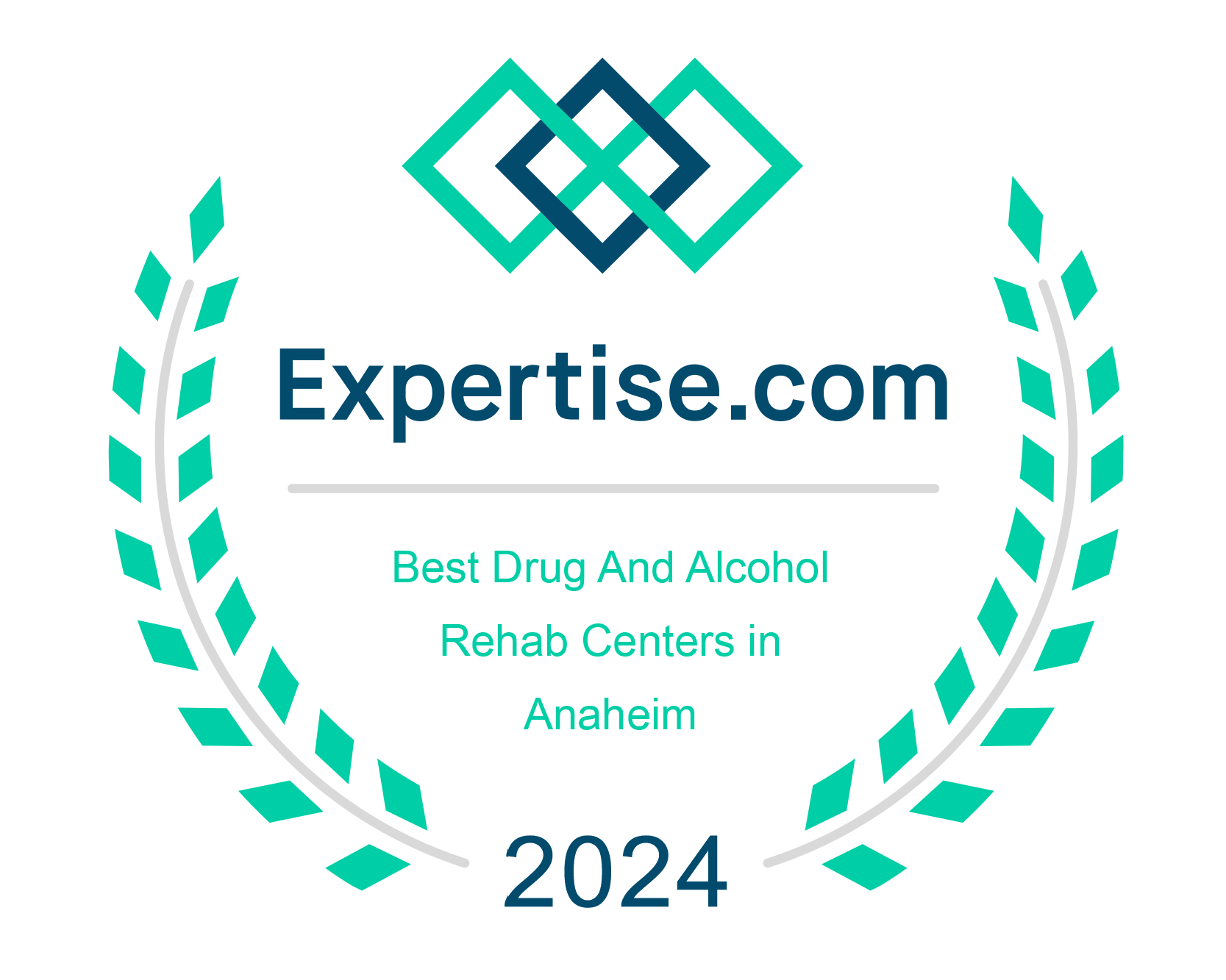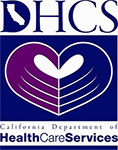According to 2015 survey data from the National Survey on Drug Use and Health, at least 15 million US adults are living with alcohol use disorder. This chronic health condition—characterized by a preoccupation with excessive consumption of alcohol, among other important signs and symptoms—can lead to dire consequences for the individual living with it. Effects of the disease can impact close loved ones, too, and in some cases, alcohol use disorder can be fatal.
What may come as a surprise is that it’s not just the over-consumption and subsequent intoxication of alcohol that can be life-threatening. In certain situations, and especially among individuals with the most severe form of the disorder (alcoholism), withdrawing from alcohol can lead to fatal consequences.
If you or a loved one have alcohol use disorder and are trying to cut back on your alcohol consumption, it’s important to realize the signs and risks associated with alcohol withdrawal. Preparing yourself with the knowledge and resources necessary to mitigate the harmful effects of withdrawal will be essential for your successful treatment—and your safety.
Signs of Alcohol Withdrawal
People with alcohol use disorder—which includes alcohol dependency and alcoholism—have a hard time controlling their alcohol intake. Due to frequent and excessive consumption (which may be triggered by multiple factors including physical, psychosocial, and psychological ones), a person can become increasingly tolerant to the drug. This means they require more and more of it to achieve the desired effect.
Whether after weeks, months, or years of excessive drinking, a person’s body can become dependent on alcohol to function. When a person suddenly stops drinking—e.g., when they attempt to quit on their own—alcohol withdrawal symptoms can develop. Clinically, alcohol withdrawal is considered a sign of alcohol dependency.
Symptoms of Alcohol Withdrawal
Signs and symptoms of acute alcohol withdrawal usually develop within 6 to 12 hours after alcohol cessation and peak around 24 to 48 hours. Its effects and timeline can affect people differently, but they typically include (in order of increasing severity):
- Anxiety
- Agitation
- Headaches
- Nausea and vomiting
- Shaking and tremors (especially in the hands)
- Disorientation
- Seizures
- High blood pressure
- Insomnia
- Fever and sweating
- Seizures
In its most severe form, alcohol withdrawal can lead to a dangerous complication called delirium tremens (DT). DT is characterized by altered mental status (including extreme confusion, agitation, and hallucinations) and hyperactivity in the central nervous system. If left untreated, DT can cause kidney and liver damage, organ failure, cardiac arrest, and death.
Depending on the severity of a person’s alcohol use disorder, it’s also possible to experience chronic symptoms of withdrawal which can last up to a year after quitting drinking. This is known as post-acute withdrawal syndrome (PAWS) and may include intermittent signs and symptoms such as emotional outbursts and lability, anxiety, decreased energy, memory problems, difficulty sleeping, dizziness, delayed reflexes, and increased proneness to accidents.
Experiencing alcohol withdrawal symptoms once increases the risk of experiencing them again. People with more severe forms of an alcohol use disorder, a longer history of drinking, and/or other co-morbidities are also at a greater risk of going through withdrawal symptoms.
Why Can Alcohol Withdrawal Be So Dangerous?
It’s possible to die of alcohol withdrawal. (An aside: a common myth is that it’s not possible to die of opiate withdrawal. This isn’t true. Opiate withdrawal deaths are possible, typically due to excessively high levels of sodium in the body from excessive diarrhea and vomiting. However, alcohol withdrawal deaths are more common).
The reason why alcohol withdrawal can be potentially fatal is due to the way chronic and excessive alcohol use impacts the central nervous system. Consuming alcohol can affect the activation and production of a variety of neurochemicals and receptors in the brain. These include endogenous opiates, inhibitory gamma-aminobutyric acid-A (GABA-A) receptors, postsynaptic N -methyl-D-aspartate (NMDA) glutamate receptors, serotonin receptors, and dopamine receptors. These chemicals and receptors influence multiple systems within the body, including heart function and metabolism.
Over time, the brain and central nervous system become used to these alcohol-induced effects. The body adapts to alcohol and achieves a new homeostatic state which accommodates the presence of alcohol in the system. Then when alcohol intake is suddenly stopped or dramatically reduced, the nervous system will struggle to function properly. This is because the chemical to which the nervous system has adapted is no longer there. The body’s homeostatic balance is thrown off, and life-threatening complications can ensue.
The only way to properly monitor for, manage, and prevent alcohol withdrawal symptoms is to receive medical supervision, typically at alcohol treatment centers.
Medically Assisted Alcohol Withdrawal Treatment Programs: Importance and Benefits
If you’re trying to quit drinking, seek professional help via a medically assisted alcohol detox program. This can literally save your life and help you avoid potentially fatal consequences of an unsupervised alcohol withdrawal.
Protecting your physical well-being isn’t the only reason to seek out help, however (important though it may be). Many people are hesitant to quit drinking or repeatedly fail in their endeavors because they are fearful of withdrawal symptoms. Without alcohol withdrawal treatment, many people are never able to quit.
Doctors and specialists at alcohol withdrawal treatment centers provide individualized medical supervision—including prescription medications—to help manage and reduce the uncomfortable and disturbing symptoms of alcohol withdrawal. This keeps a person physically safer and helps them feel good enough to focus on recovery and fully engage in the other cognitive and emotional interventions indicated for their needs and goals.
The thought that one rehab protocol can fix all has failed patients and society. The truth is, the best alcohol treatment program provides individualized care to meet a person’s needs and address both the physical and psychological components of addiction.
Alcohol withdrawal is not just a nuisance; it is a medical complication that requires professional treatment. Properly doing so will allow an individual and their medical team to address the root cause of the addiction. If you’re concerned about your drinking and are thinking about cutting back or quitting, we encourage you to contact our team.
Sources
https://www.samhsa.gov/find-help/national-helpline
https://www.niaaa.nih.gov/alcohol-facts-and-statistics
https://emedicine.medscape.com/article/166032-overview
https://www.mayoclinic.org/diseases-conditions/alcohol-use-disorder/symptoms-causes/syc-20369243
Call now to speak confidentially with an addiction expert.
Committing to overcome addiction should not have to mean relinquishing comfort, privacy, or self-respect. Why not experience individualized care and comfort? If you’re ready to take part in a world-class private treatment program, it’s time to call Domus Retreat.Call 1-866-713-3869



















